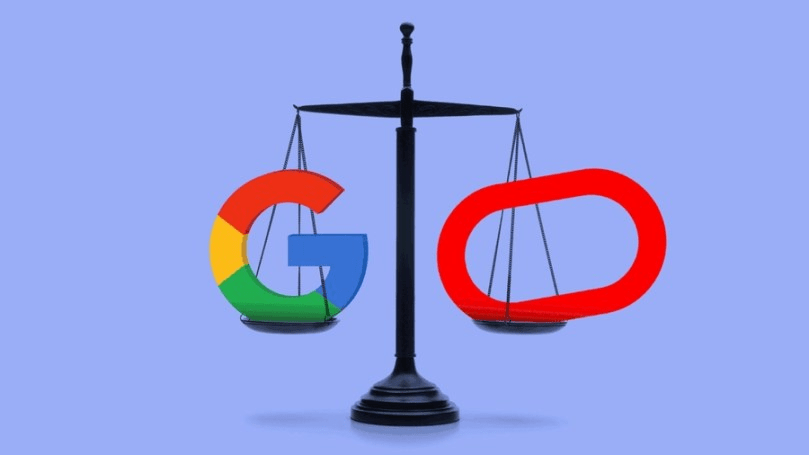
Why Skills-First Leadership Is Replacing the Ivy League Playbook in the C-Suite
The old prestige pyramid—where Ivy League degrees and blue-chip consulting backgrounds paved the way to the CEO seat—is cracking.

April 7, 2021:-On Monday, the Supreme Court sided with Google instead of Oracle in a long copyright dispute over the software used in Android, the mobile operating system.
The case concerned 12,000 lines of code that Google built on Android that were copied from the Java application programming interface developed by Sun Microsystems. It was a landmark dispute over what computer code types are protected under American copyright law.
Oracle had claimed at points to be owed nearly $9 billion. At the same time, Google contended that its use of the code was covered under fair use doctrine and therefore not subject to copyright liability.
Oracle sued Google for using its code and won its case two times before the specialized U.S. Court of Appeals for the Federal Circuit, which held that questioned the code was copyrightable and that Google’s use of it was not protected by fair use.
The Supreme Court turned back the appeals court’s decision, though it did not definitively resolve if the code in question was copyrightable.
Justice Stephen Breyer wrote the opinion in the case, agreeing that Google’s use of the code was protected under fair use, and noted that Google took “only what was needed to allow users to put their accrued talents to work in a new type of program.”
“To the extent that Google used Sun Java API parts to make a new platform that programmers could readily use, its use was consistent with that creative ‘progress’ that is the basic constitutional objective of copyright itself,” Breyer added.
The case featured a high-profile battle over competing visions of the future of software development.
“The long-settled practice of reusing software interfaces is critical to modern software development,” Google’s attorney, the veteran Supreme Court lawyer Tom Goldstein, told the justices during arguments.
The case was initially scheduled to be heard the last term before it was delayed due to the Covid-19 pandemic.
Kent Walker, Google’s senior vice president for global affairs, said in a post on Twitter after the decision was released that “Today’s Supreme Court decision in Google v. Oracle is a big win for innovation, interoperability & computing.”
“Thanks to the country’s leading innovators, software engineers & copyright scholars for their support,” Walker wrote.
In a statement, Oracle said that “the Google platform just got bigger and market power greater. The barriers to entry higher and the ability to compete lower.”
“They stole Java and spent a decade litigating as only a monopolist can. This behavior is exactly why regulatory authorities around the world and in the United States are examining Google’s business practices,” Oracle said.

The old prestige pyramid—where Ivy League degrees and blue-chip consulting backgrounds paved the way to the CEO seat—is cracking.

Loud leaders once ruled the boardroom. Charisma was currency. Big talk drove big valuations.

But the CEOs who make history in downturns aren’t the ones with the deepest cuts

Companies invest millions in leadership development, yet many of their best executives leave within a few years. Why?

The most successful business leaders don’t just identify gaps in the market; they anticipate future needs before anyone else.

With technological advancements, shifting consumer expectations, and global interconnectedness, the role of business leaders

Investor confidence in France is deteriorating as political gridlock and budgetary uncertainty deepen.

The Fort McMurray First Nation Group of Companies is the wholly owned business entity of Fort McMurray 468 First Nation. It was established in 1987 as Christina River Enterprises, and the organization rebranded as FMFN Group in 2021. Providing Construction, Custodial, Petro-Canada Fuel & Convenience Store, and Transportation services to a broad portfolio of customers, the Group of Companies is creating financial stability and prosperity for the Nation.

Maushum Basu is a visionary leader who inspires his team with a clear, compelling purpose. Unafraid to take calculated risks, he understands that growth often stems from change and innovation. His deep commitment to both Airia Brands, Inc.

When speaking with Martin Paquette, one thing is immediately apparent: he’s honest. His transparency is refreshing. While many shy away from such vulnerability, Paquette sees it as a force to reckon with. The incredible emotional intelligence speaks to years of looking within—it’s also what allows him to acknowledge his mistakes gracefully and use them as opportunities to innovate.

Leave us a message
Subscribe
Fill the form our team will contact you
Advertise with us
Fill the form our team will contact you